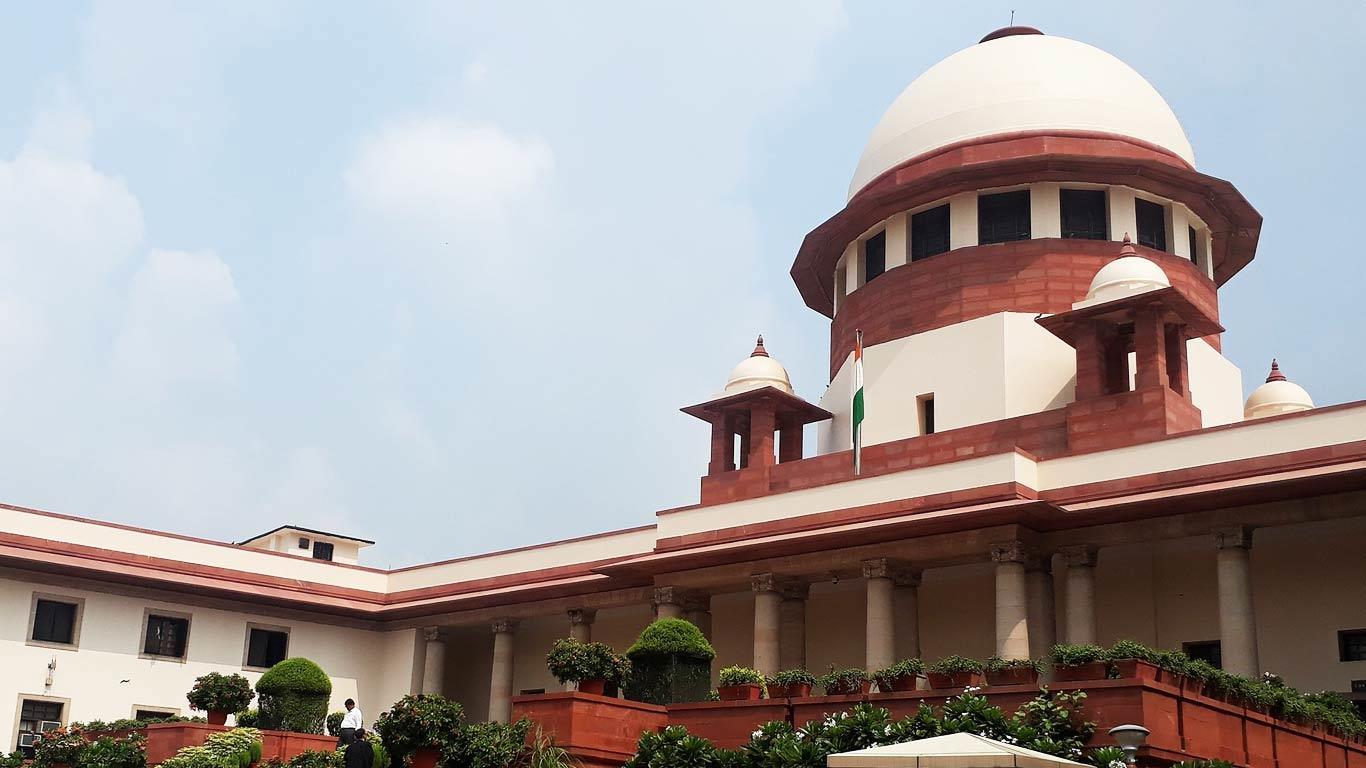
Supreme Court Warns Against Lengthy Arbitration Appeals To Prevent Delays
The apex court called upon the legal fraternity to exercise restraint and adhere strictly to legally permissible grounds under Sections 34 and 37 of the Arbitration and Conciliation Act, 1996.
The bench, comprising Justices Abhay S. Oka and Pankaj Mithal, emphasised the need for efficiency in arbitral procedures. They noted that the tendency to include numerous grounds, many of which are not covered by the relevant sections of the Act, leads to inefficient and unfair proceedings.
"The time of our Courts is precious, considering the huge pendency," the bench stated, highlighting the urgency of the matter. They further added, "It is high time that the members of the Bar show restraint by incorporating only legally permissible grounds in petitions under Section 34 and the appeals under Section 37."
This ruling sheds light on a growing concern in India's legal system: the increasing complexity and length of arbitration proceedings. The Court noted that arbitral proceedings have become synonymous with bulky pleadings, extensive evidence, and time-consuming submissions, often resulting in lengthy awards.
The bench also critiqued the tendency to rely on numerous precedents, regardless of their relevance, leading to prolonged hearings. They stressed that such practices frustrate the very purpose of adopting the UNCITRAL model, which aims for expeditious and cost-effective dispute resolution.
In a call to action, the Court urged all stakeholders in arbitral proceedings to prioritise brevity and effectiveness. "Arbitration must become a tool for expeditious, effective, and cost-effective dispute resolution," the bench concluded.
The Court's observations came in the case of Bombay Slum Redevelopment Corporation Private Limited Versus Samir Narain Bhojwani. The judges were particularly alarmed by the excessive number of grounds cited in the case - 151 in a petition under Section 34 and 164 in an appeal under Section 37.
This landmark ruling is expected to have far-reaching implications on the conduct of arbitration proceedings in India, potentially streamlining the process and reducing the burden on the court system.
(KNN Bureau)
Legal Disclaimer:
MENAFN provides the
information “as is” without warranty of any kind. We do not accept
any responsibility or liability for the accuracy, content, images,
videos, licenses, completeness, legality, or reliability of the information
contained in this article. If you have any complaints or copyright
issues related to this article, kindly contact the provider above.

















Comments
No comment